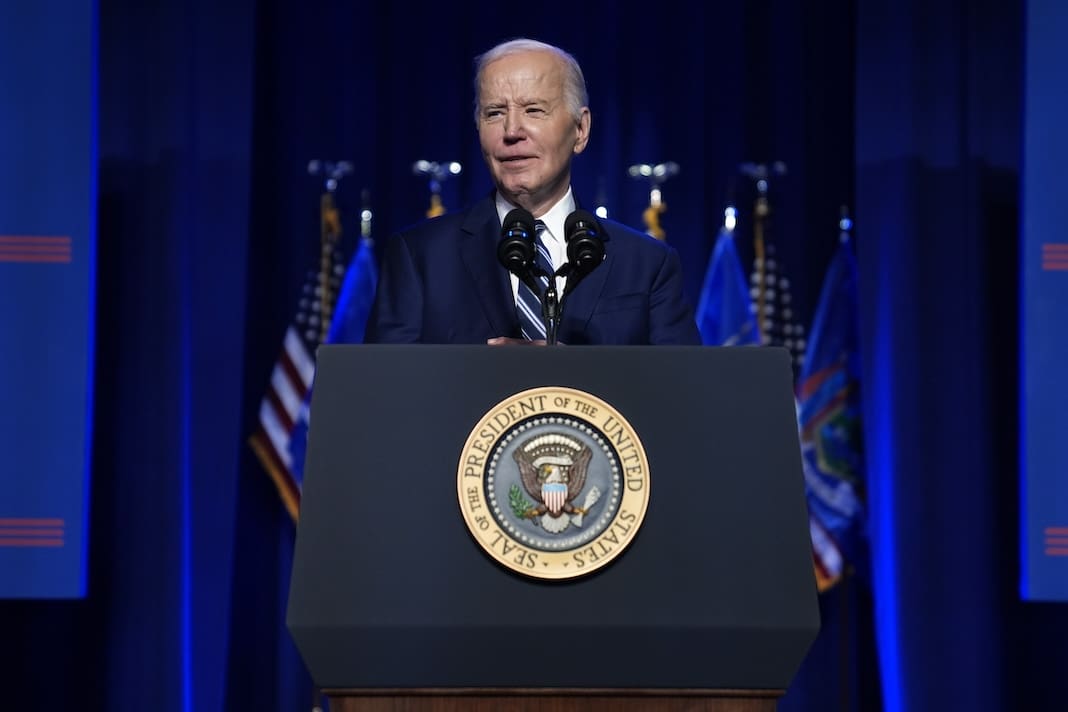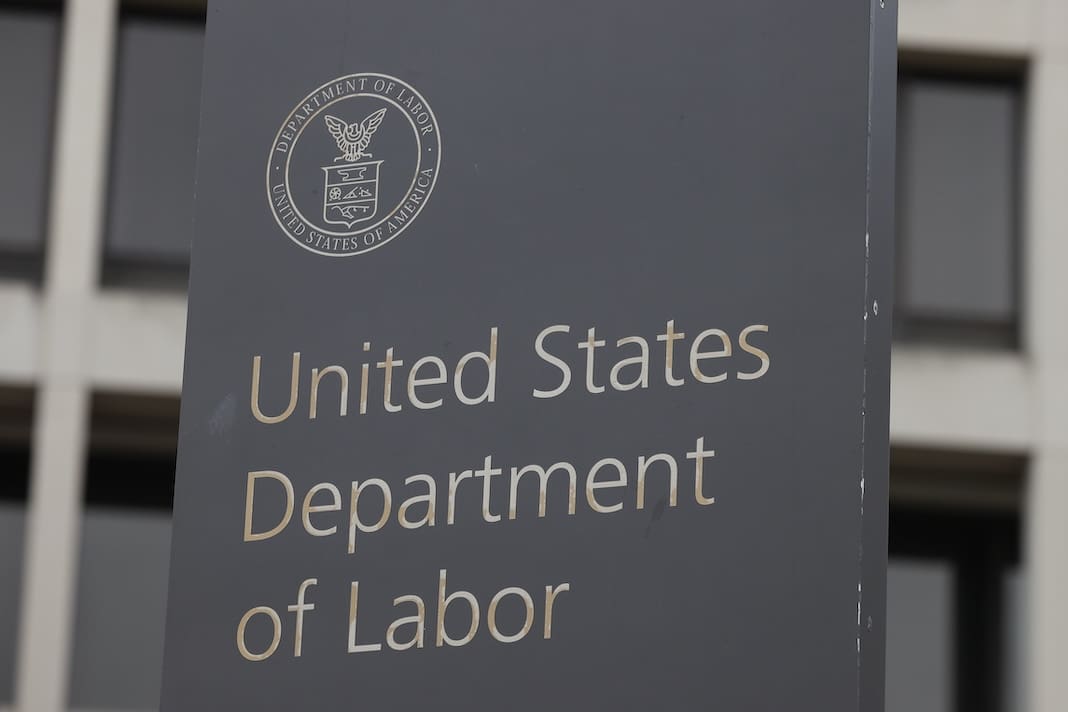Wisconsin lawmakers increase child care tax credit, but providers say it’s not enough
Day care providers say the Child Care Counts program would be a more meaningful investment, but Republican legislators refused to fund it in the last budget.

Wisconsin families will get a slightly larger tax break on child care costs thanks to a bill Democratic Gov. Tony Evers signed into law on Monday, but both Evers and providers say it doesn’t do nearly enough to fix the child care crisis they and their families are currently facing.
2023 Wisconsin Act 101 increases the amount of money parents can receive in tax credits to offset the cost of child care. The child care tax credit is a mechanism that’s calculated using a complex formula that takes into account a family’s total income, how many children they have, and how much they pay for child care.
Parents get both state and federal child care tax credits, and this bill brings the state’s tax credit up from 50% to 100% of the federal credit. It also increases the maximum amount families can claim from $3,000 to $10,000 for one child, and from $6,000 to $20,000 for two or more children.
How much a family can actually receive from this credit, though, depends on its income. For example, families with incomes above $43,000 can claim at least 20% of the credit. Families can receive a maximum credit of between $2,000 and $3,500 for one child and between $4,000 and $7,000 for two or more children.
This money is not refundable, meaning it is given to families as a tax credit, but not as money they can take home. It can be put toward what they owe in taxes when they file each spring, but if they don’t need all of the money they’re credited, they won’t get what’s left over as a refund.
This is one of the big problems with the tax credit, according to Corrine Hendrickson, owner of Corrine’s Little Explorers in New Glarus and a child care advocate. She said this means the credit provides a greater benefit to wealthier taxpayers.
Wisconsin parents and child care providers have been stuck in a whirlwind child care crisis since the beginning of the pandemic. Tuition rates are skyrocketing as providers try to pay their staff higher wages and keep the lights on, but parents are struggling to keep up with the costs. More child care centers are closing their doors, too, and waitlists for children to get into day cares are long.
At Learning Ladder Preschool & Childcare in Cottage Grove, the rate for infant child care is currently $430 a week, said owner Linda Kudrna, and is likely to go up by the end of the year. With the expansion of the child care tax credit, the average annual benefit a parent will receive is $656, according to Evers’ announcement.
“It will not be helpful. It’s just not enough to help anybody to get $600 back at the end of the year. It’s always nice to get a nice tax refund, but that doesn’t even cover two weeks of tuition,” Kudrna said. “So that will not make anybody’s decision as to whether or not they can go back to work or stay in the workforce. To me, it seems like more of a PR stunt.”
Hendrickson said the tax credit does very little in the immediate term, too, because parents won’t get the assistance until they file taxes in 2025, and providers don’t feel like they can increase rates in the expectation of money parents won’t see until a year later.
“The bill on its face in itself, I would say, just doesn’t do enough. It’s another teeny tiny little baby step towards something. However, it is harmful because now people can say that we’ve done something and they can pretend and move on,” she said.
Evers proposed $340 million in his last budget to keep the Child Care Counts program, but Republicans axed it and proposed tax cuts instead. The program was launched at the start of the COVID-19 pandemic to help child care centers stay afloat, and it was set to expire in January of this year. In October, Evers issued $170 million in emergency funding to keep it going through June 2025.
“While I’m grateful this important effort finally received bipartisan support, I want to be clear: Wisconsin needs urgent, long-term investments to further reduce out-of-pocket child care costs for working families while making sure child care providers can keep their doors open and lights on,” Evers said in his announcement.
Evers called on his Republican colleagues to invest more in the child care industry, including the Child Care Counts program they chose not to fund: “Republican legislators remain on the clock to make the meaningful investments necessary to prevent the collapse of our child care industry, which is essential to maintain our current levels of workforce participation.”




